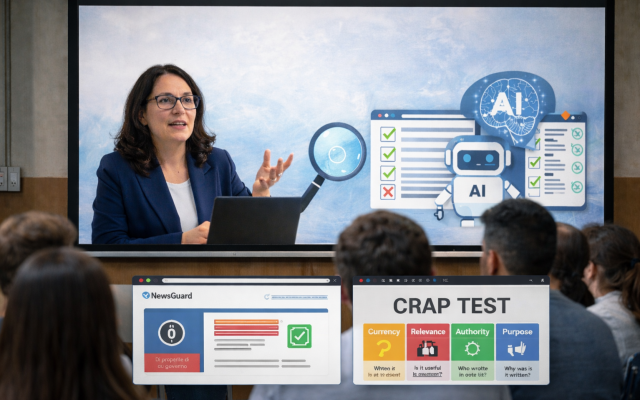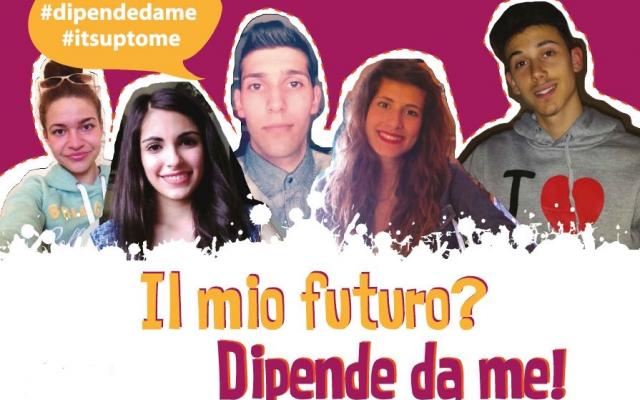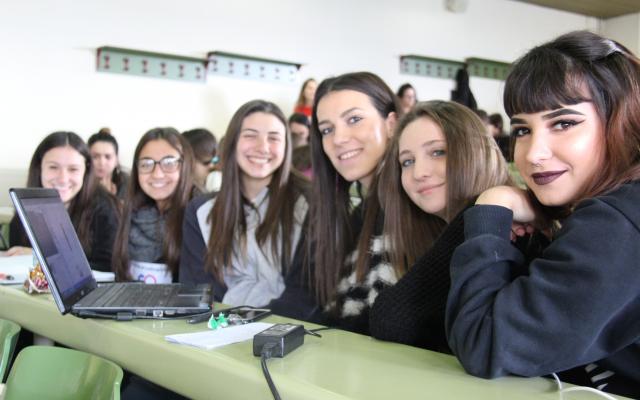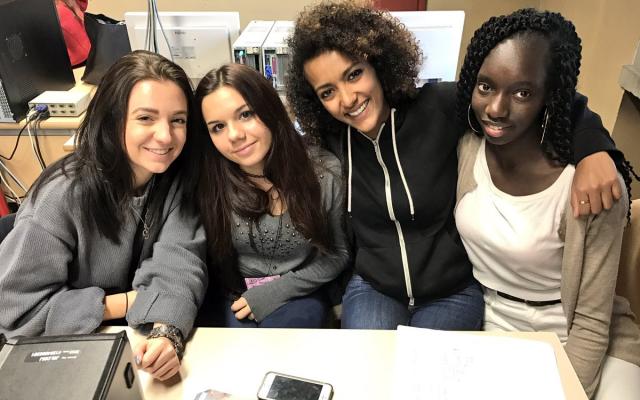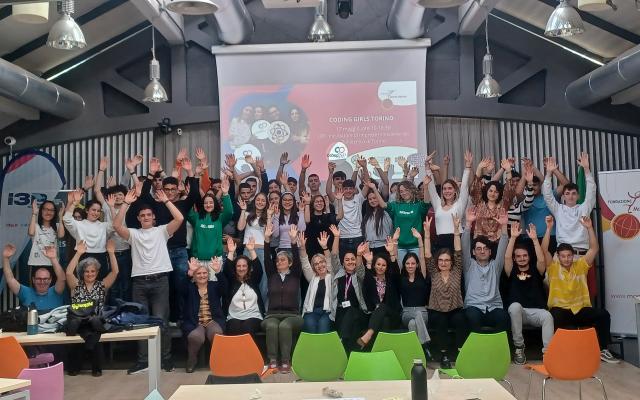Coding Girls: five parallel hackathons at the University of Palermo
It’s the first time it happens in over ten years of Coding Girls. The overwhelming enthusiasm of a university challenges the reasonable laws of organisation and plans to organise five parallel hackathons in five departments (Physics, Chemistry, Engineering, Statistics, and Computer Science). And it will take place tomorrow at the University of Palermo with its two centuries of history and over 40,000 students. The initiative, entitled A Passion for Steam, was resolutely pursued by Beatrice Pasciuta, Deputy Rector for Inclusion, Equal Opportunities, and Gender Policy, and accepted by Cecilia Stajano, Community Coordinator for the Fondazione Mondo Digitale, who loves to develop networks and relations throughout Italy, from large cities to small villages. In fact, the hackathons organised for the tenth edition of Coding Girls kick of today in Cagliari. Tomorrow, it will be in Palermo. However, the challenges continue in Caserta (May 8), Salerno (May 10), Gorizia (May 15), Turin (May 16-17), Rome (May 20), Milan (May 21), and Termoli (May 24). And more are being organised for the autumn.
However, work is underway in Palermo for tomorrow’s hackathons that will involve over 140 secondary school students from the city and province from the following schools:
- Galileo Galilei
- Ernesto Basile
- Ettore Majorana
- Benedetto Croce
- Educandato Maria Adelaide
- Giovanni Meli
- Salvatore Cannizzaro
- Felicia e Peppino Impastato - Partinico
The students have been preparing with 40 tutors and tomorrow will participate in the five challenges:
- Coding with Arduino and Python
- Metaverse for Chemistry
- The Paradoxes of Statistics
- Safe Communication
- Developing an App with Code.org
How are the schools and universities experiencing this new adventure? Cecilia Stajano has collected the expectations of various participants. Today, we share those from the university world; tomorrow, the school professors.
I have been teaching programming to first-year physics students for more than ten years. In the IT classroom, the young women are more intimidated by this "piece of iron" than their male colleagues. Often, however, they truly love it and become, as happens in other fields, better than their male colleagues: true Coding Girls and Coding Women. Some of them continue to feel in awe of this piece of iron for a long time. Evidently there is nothing wrong in all this... even many male students are not "suited" to programming. There are different types of intelligence that are equally useful for being a physicist!! However, we must all strive to work on together to ensure that the young women can consciously decide to do something other than programming, or Steam, rather than thinking a priori that this is a job for men. We can all do what we like!
Salvatore Miccichè, Professor
A surprising experience. The metaverse for chemistry intrigued and excited us. And although it was very tiring, we designed it and did everything we could to share it with other professors and students. Their enthusiasm fully rewarded our effort.
Antonella Maggio, Professor
Science is one of my favourite ways to look at the world, and I'm very lucky to have made it my job. It allows us to appreciate even more of the beauty that surrounds us and the freedom that knowledge give us. I try to bring this vision to all the students I teach at university, in the activities I conduct with schools, and in the books I write. Every time a community fails to be open and inclusive, it not only commits an injustice towards those it excludes, but also impoverishes and damages itself. This is certainly the case with the under-representation of women in STEM disciplines. Fortunately, digital technology can be an important lever to change this. The opportunity created by the Fondazione Mondo Digitale and Coding Girls was therefore too good not to take advantage of!
My opinion of Coding Girls is very positive. I believe that the students and professors with whom we had this experience, as well as the tutors who contributed so much and so well to its success, also believe this. I feel that we have all learned a lot and I am convinced that it will not remain an isolated experience but will instead spark many other fires in the minds and hearts of all of us.
Renato Lombardo, Researcher, Didactic Mentor
Coding Girls shows students the fascinating and fun side of scientific disciplines, which are often perceived as dry and complex. The interaction with the tutors, students who are only slightly older than them, breaks down barriers and helps to establish a relaxed and pleasant atmosphere that promotes learning. At the same time, the tutors have the opportunity to voice their passion, putting themselves out there as teachers and motivating and involving students. I think the main merit of Coding Girls is that it offers new perspectives to all the actors involved, making small changes whose repercussions are yet to be discovered.
Chiara Di Maria, Researcher
I have always loved logic and Stem. As a child, I loved solving puzzles like Rubik's Cube. I think that information technology is a universal good, which no one can ignore now. It is right that everyone can enjoy it and that its fundamentals are taught from childhood... and so I try to spread its simplicity, beauty, and creativity.
I have always been sensitive to the enormous gender disparity present in scientific and technological disciplines and I believe that the lack of plurality in this sector inevitably leads to global cultural impoverishment.
The Coding Girls project aims to reduce this gender gap through a creative and collaborative approach to IT. The experience was very positive both for me and for the high school and university students I worked with. They were all in their first role as peer tutors and found this role highly motivating and engaging. The course, "Developing an App with Code.org," aroused curiosity and enthusiasm. Thanks to its simple visual interface and its flexibility, it stimulated originality and creativity in the projects, managing to involve and excite both female and male students, as well as all the students studying coding in high school.
Manuela Flores, Researcher


